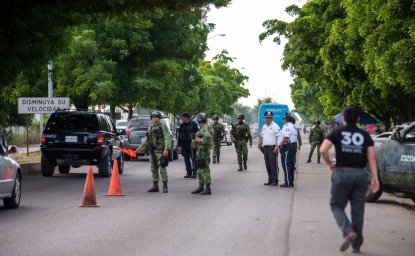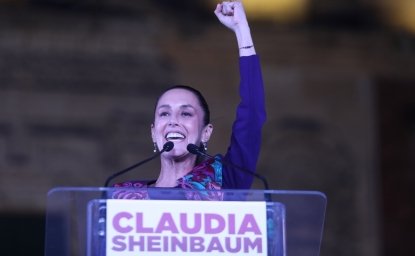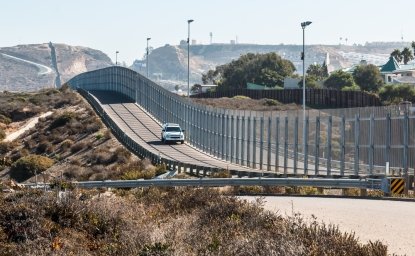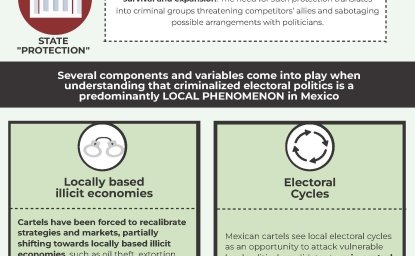The Local Educational and Regional Economic Foundations of Violence: An Analysis of Homicide Rates across Mexico’s Municipalities

Violence diminishes wellbeing, and public insecurity erodes the rule of law, undermining the quality of democracy and constraining business and commercial interactions. A better understanding of the origins of violence is therefore crucial. Examining 2010 homicide rates across Mexico’s 2455 municipalities, this paper offers a subnational and spatial study of the patterns and sources of violence. Core findings include (1) homicide is not randomly distributed across municipalities, (2) homicide rates follow a spatial lag effect, suggesting violence in one community spills over into neighboring communities, (3) education has a meaningful protective effect against violence, but this is only a local, direct effect; and (4) economic inactivity exerts an unexpectedly negative direct effect, but a strong positive indirect effect from neighboring communities; that is, when economic conditions deteriorate in nearby communities, local violence increases, suggesting homicide is committed locally but by individuals in economically depressed, outlying areas. Violence-reduction policies, then, require coordination across nearby communities and should proceed on two fronts: (a) localized improvements in education attainment, which can be addressed within individual jurisdictions, and (b) economic development policies targeted at intermediate regions below the state level but above the municipal level, which require cross-jurisdictional collaboration, even by municipalities across state boundaries – what the author refers to as a “local-schools/regional-economy” approach to violence prevention.
Author

Mexico Institute
The Mexico Institute seeks to improve understanding, communication, and cooperation between Mexico and the United States by promoting original research, encouraging public discussion, and proposing policy options for enhancing the bilateral relationship. A binational Advisory Board, chaired by Luis Téllez and Earl Anthony Wayne, oversees the work of the Mexico Institute. Read more




